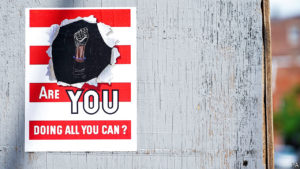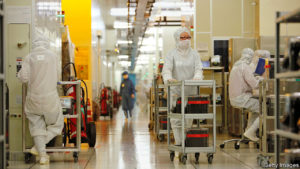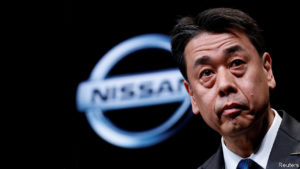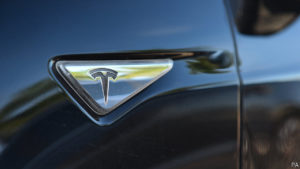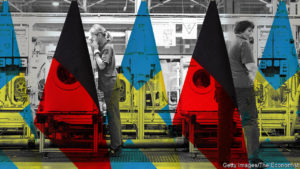https://www.economist.com/node/21791717?fsrc=rss7Cbus

David Cote, the industrial conglomerate’s ex-boss, has written an excellent—and useful—memoir
THE MEMOIRS of chief executives can be exercises in pompous self-justification or, just as bad, in grandiose philosophising about social and political trends. Occasionally, however, a corporate titan writes a book that is both readable and a practical guide for managers hoping to follow in their footsteps. David Cote, the former CEO of Honeywell, an industrial conglomerate, has produced an excellent effort with “Winning Now, Winning Later”.
It is true that Mr Cote occasionally comes across as a bit of a martinet. When a team failed to come up with suggestions to cut costs, he ordered them to cancel all other meetings and keep talking until they produced the results. And his juniors were clearly kept on their toes; he was also very much a hands-on manager. “The idea that as a leader you can focus on strategy and delegate its implementation to great people is a fallacy,” he writes. But his approach paid off and the book is a detailed guide to the tricky task of managing a big business.
To give one small example, plenty of executives talk about encouraging greater diversity in the workforce, but little gets done. Mr Cote was fed up with junior managers declaring that they could not find suitable candidates in their area. So he had his team break down the population statistics in places where his factories were located to demonstrate that there should be many opportunities to hire workers from different backgrounds. Diversity duly improved.
The author’s broader aim is illustrated by his subtitle: “How Companies Can Win in the Short Term, While Investing for the Long Term”. He thinks the idea that corporate leaders have no choice but to embrace short-termism in the face of pressure from investors is “one of the most pernicious beliefs circulating in business today”.
When Mr Cote took over at Honeywell in February 2002, he says the company was “a train wreck and on the verge of failure”. Remarkably, the board and outgoing boss refused him any access to the company’s financials until July 2002, when he also became chairman. What he eventually found was that the group had pursued short-term profits through aggressive accounting practices. During the previous decade, for every dollar in earnings Honeywell generated only 69 cents in cash.
He changed the accounting approach, put a greater focus on investment and aimed to expand the business while keeping fixed costs constant. Some of the biggest problems he faced were legacies of the previous regime. For example, former managers had sold a company for $60m but agreed to be liable for meeting asbestos claims in perpetuity. By the early 2000s, the asbestos liability was $1bn. He tried to deal with all such legal claims as quickly as possible. “It’s probably going to be cheaper for your organisation to resolve your legacy issues now than it will be a decade from now, when the harm will have mounted even more,” he writes.
When it came to improving the business, Mr Cote spent a lot of time focusing on Honeywell’s processes. Collectively, these changes were known as the Honeywell Operating System and they included such steps as reducing the use of toxic cleaning chemicals, which cut costs, shortened production time and improved worker safety. Reforming a business is a never-ending task. “Over time all organised systems evolve towards chaos,” he writes. “Unless you pursue change relentlessly, your efforts will eventually wither away.”
Over time, all this made a difference. The company increased investment in research and development from 3.3% of sales in 2003 to 5.5% in 2016, and its operating margins rose from 8% in 2003 to about 16% in 2018. Investors were impressed. Honeywell’s market value rose from $20bn when he took over to $120bn when he left in 2018, with returns easily beating the S&P 500 index.
One suspects Mr Cote’s focus on detail was more important for the company’s success than some of the more standard corporate pronouncements he reveals. Honeywell developed five “initiatives” and 12 “behaviours”, which seems way too many for an employee to keep track.
And despite his best efforts, he does not quite solve the dilemma expressed in his subtitle. At one point, he admits that “Pursuing both short- and long-term performance requires a period of upfront investment during which performance might lag for a little while.” In other words, even an able manager like Mr Cote needs a bit of luck, and patience on the part of directors and shareholders, to turn a company around.
This article appeared in the Business section of the print edition under the headline “The delight is in the detail”

